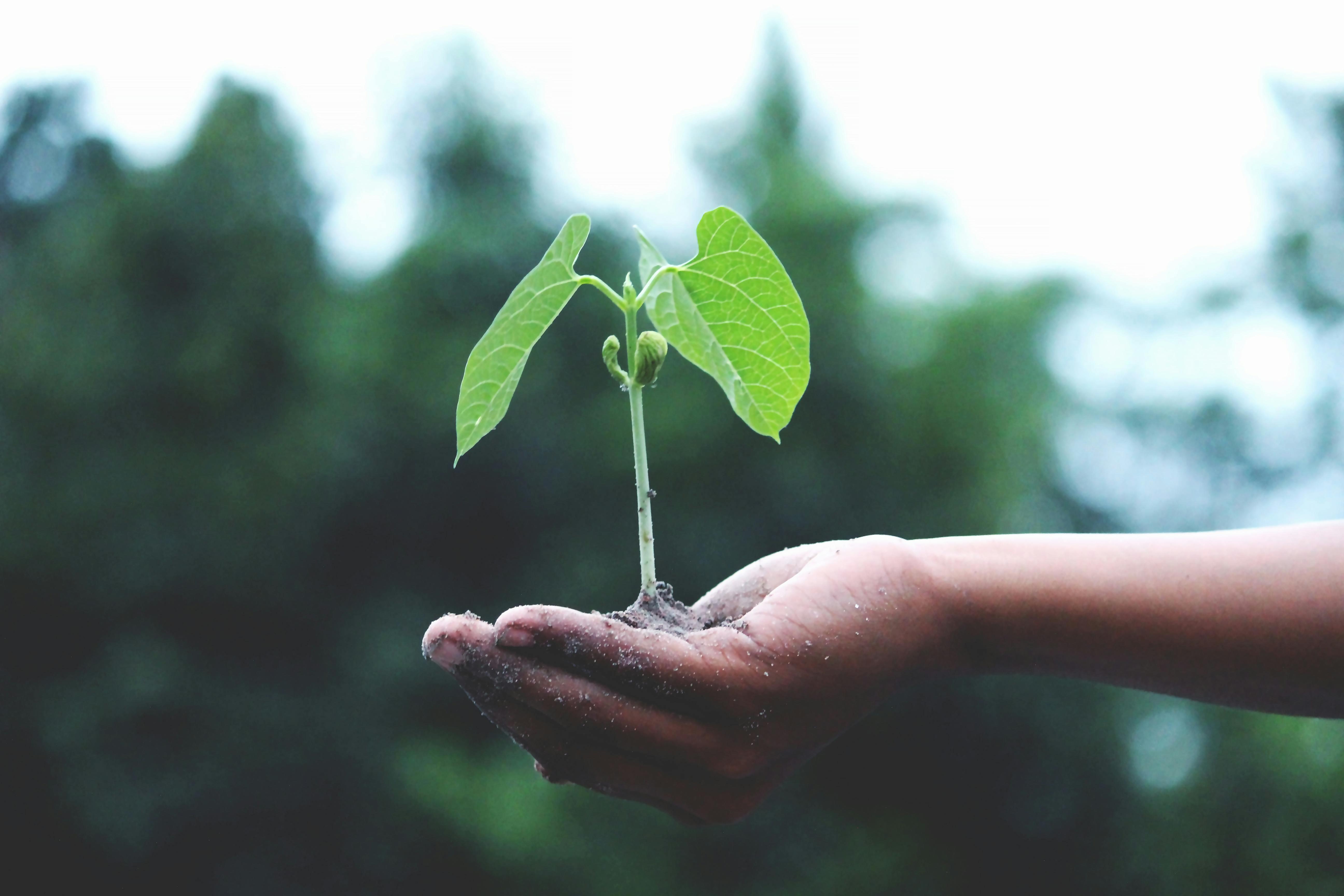Blog

The Rise of Artificial Intelligence in Everyday Life
In recent years, artificial intelligence (AI) has increasingly become a part of our everyday lives, influencing everything from how we communicate to how we shop. With advancements in machine learning and data processing, AI technologies are now able to analyze vast amounts of information to provide personalized experiences. From virtual assistants like Siri and Alexa to recommendation systems on streaming platforms, AI enhances convenience and efficiency. As businesses and consumers embrace these technologies, the impact of AI on society continues to grow, prompting discussions about ethics, job displacement, and the future of work.
By Jane Doe

The Mental Health Benefits of Mindfulness and Meditation
In today’s fast-paced world, mental health has become an important topic, and mindfulness practices, such as meditation, have gained significant attention for their potential to improve well-being. By simply focusing on the present moment, individuals can reduce stress, improve concentration, and develop a healthier relationship with their thoughts and emotions. Mindfulness meditation involves paying attention to your breath, bodily sensations, or the environment around you without judgment. Regular practice helps quiet the mind, allowing you to disconnect from the constant stream of thoughts that often lead to anxiety or stress. One of the key benefits of mindfulness is its ability to reduce stress. Studies have shown that mindfulness meditation can lower cortisol levels, the hormone responsible for stress. When practiced consistently, it enables individuals to manage stress more effectively and react more calmly in challenging situations. Beyond stress relief, mindfulness also improves concentration and productivity. By training the mind to focus on one task at a time, it becomes easier to avoid distractions and complete tasks more efficiently. This increased focus carries over to daily activities, making everyday life more enjoyable and manageable. Mindfulness can also enhance emotional well-being. Through meditation, individuals learn to observe their emotions without being overwhelmed by them. This practice leads to greater emotional awareness and can prevent feelings of anger, frustration, or sadness from escalating into more intense negative reactions. Incorporating mindfulness into your routine doesn’t require hours of meditation. Even a few minutes of practice each day can have a profound impact on your mental health. Whether it’s a short breathing exercise in the morning or a mindful walk during the day, the benefits of mindfulness are accessible to everyone.
By Sarah Thompson

Sustainable Living: How to Make Eco-Friendly Choices Every Day
In an era of increasing environmental awareness, sustainable living has become more than just a trend; it’s a necessity. While it might seem daunting to make eco-friendly changes, adopting a sustainable lifestyle is simpler than you think. By making small adjustments in daily habits, we can collectively make a significant impact on the environment. One of the easiest ways to start living sustainably is by reducing plastic usage. Opt for reusable bags, water bottles, and containers instead of single-use plastic items. Not only does this reduce waste, but it also prevents harmful plastics from polluting our oceans and harming wildlife. Another crucial step is energy conservation. Switching to energy-efficient appliances, using LED lighting, and being mindful of water usage can significantly lower your carbon footprint. Many people are also exploring renewable energy sources like solar power to reduce their reliance on fossil fuels. Sustainable living extends to food choices as well. Reducing meat consumption, buying local produce, and minimizing food waste are all effective ways to support the environment. Plant-based diets and organic farming practices contribute to healthier ecosystems and reduce the strain on natural resources. Incorporating sustainability into your wardrobe is another area often overlooked. By buying fewer, high-quality pieces and supporting ethical, eco-conscious brands, you can reduce the waste and environmental damage caused by fast fashion. Ultimately, sustainable living is about making conscious choices that benefit both the planet and its inhabitants. It’s a journey that starts with small steps but has the potential to make a lasting, positive impact on our world.
By Emily Green

